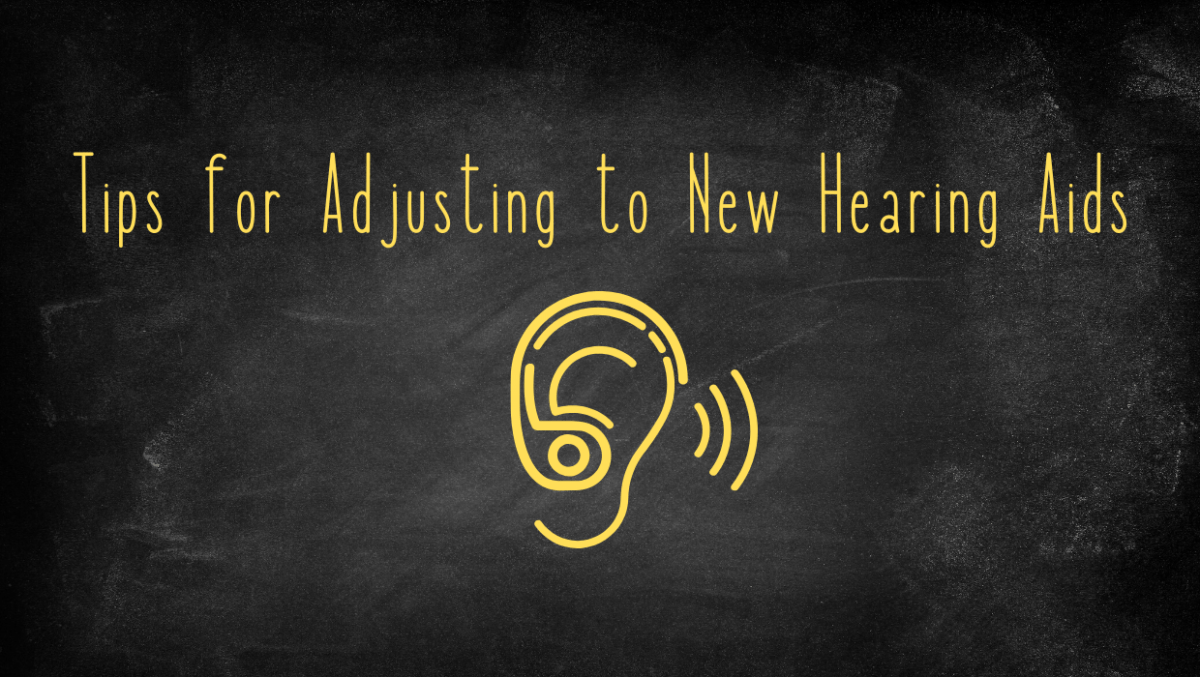- Strategies for Coping with Single-Sided Deafness - July 15, 2024
- How Summer Humidity Affects Hearing Aid Performance - July 3, 2024
- The Power of Body Language: Enhancing Communication for Those with Hearing Loss - June 28, 2024
Whether you are wearing hearing aids for the very first time or being readjusted to an upgraded pair, good for you! You’ve taken a crucial step to take charge of your hearing health, strengthen relationships, and increased productivity at work.
Although hearing aids add a variety of benefits to one’s life, they may also come with a bit of a period of adjustment. It might seem like an uphill battle, but don’t give up. It isn’t going to take you long to completely adapt to your new hearing aids and appreciate the many benefits.
Before then, following these easy tips and tricks to suit your hearing aids will help shorten and make the transition process more straightforward.
Decide to wear them every day.
The most critical single tip for transitioning to your new hearing aids is sticking to wearing them. Wearing and using them will begin to feel more normal the more you use them.
At first, if a hearing aid feels odd, ease in wearing them, but stick to wearing them for at least a couple of hours per day. Start by putting them on for two or three hours, and increasing the time you wear them slowly every day. You will be able to wear them comfortably every day after a few weeks.
Start with quiet sounds
Don’t start by breaking out your brand-new hearing aids for a night out in the town! Give yourself time to adapt to those new levels of sound by using them in quieter places – preferably at home.
Make your way out during the day to wear your hearing aids, and finally to noisier environments, such as restaurants and bars. Practicing in comfortable settings with your hearing aids allows you time to get used to the intricacy of your listening environment and learn more about the features and controls available to you.
Practice makes perfect
Understanding speech will be one of the most critical skills you will need to acquire, and there will be plenty of opportunities for practice. Chatting easily with a good friend is a perfect way to refine your abilities.
You should also try to understand speech on your own. Try to read yourself a book aloud. This allows you to mimic the exact word as it sounds, and also helps you to adapt your voice to the sound. You can even listen to an audiobook for a similar benefit.
Try to practice linking a word with the way it sounds. Start watching TV and movies while using closed captions. Captioning relates the words to how they sound to you, which will help you gain an improved understanding of speech.
Finally, don’t forget your ears can help determine the approximate location of a sound. Try to find out where the sound is coming from when you hear a noise. Your hearing aids will slowly allow you to become more and more accurate at figuring out where sounds are coming from.
Learn which sounds are troublesome
Your hearing aid should be tailor-made from your unique audiogram to help balance the frequencies of sound that you have difficulty identifying. However, training your hearing aids can be subject to trial and error.
Try documenting sounds that are distracting to you when you first get your hearing aids. This way, you can address these troublesome sounds with your hearing specialist at your follow-up appointment. Sometimes, the sounds that cause you first trouble will become more comfortable as your hearing changes sand your audiologist can improve your programming to help you handle any residual issues.
Stay positive
Again, don’t give up. The new sounds will take some to get used to, but it will pay off in significant dividends as it will relieve the anxiety you feel in social circumstances and the workplace.
With enough practice and perseverance, you should be able to go to the movies and not worry about getting lost in the dialogue, or even go to a restaurant and be able to hold the conversation. Satisfaction rates with hearing aids are high, but it takes some initial work to get there. It will be worth it, we promise! If you have problems with your hearing aids, speak to us! We are here to help you get through the transition process. Contact us today to set up an appointment.

